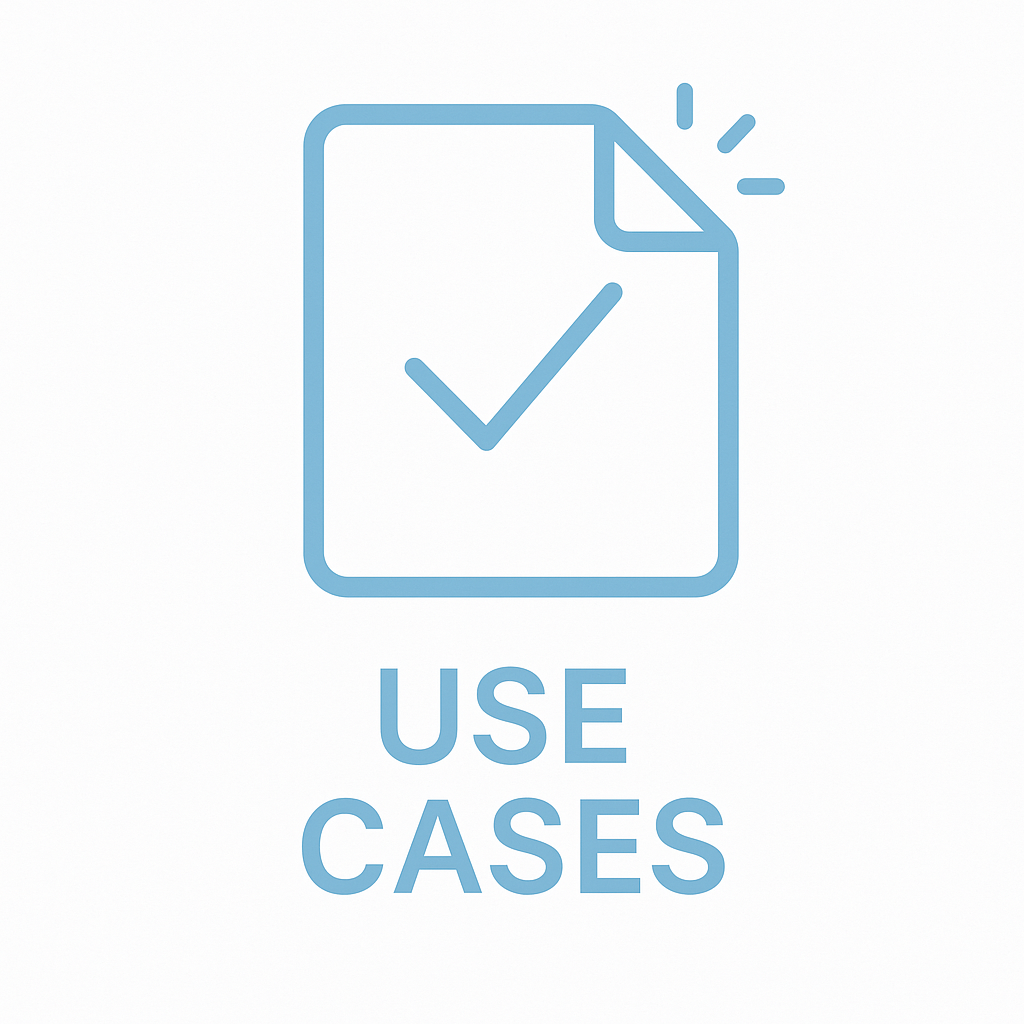Fostering Awareness, Education, and Collaborative Partnerships
“Integrating Wealth, Life, and Health for a more Holistic and Cohesive Family Office Experience."
Fractional Family Office
“Enhancing your financial journey with tailored strategies and trusted partnerships.”
Elevating Agents to Become Trusted Advisors.
“Unlock your potential with Ai Merchantry’s network of support, partnerships, and resources designed to elevate your career and enrich the lives of your clients.”
Wealth
Building and preserving your financial legacy through strategic planning.
Life
Enriching your life’s journey with comprehensive protection and peace of mind.
Health
Safeguarding your well-being with innovative health solutions and support.
Learn more about Ai Merchantry™
You can find out about the difference with Ai Merchantry.
Download our executive summary now.
Continue your Journey
Speak with Partner
Bridging communities, expert advisors, and leading insurers—we're the trusted connector at the center, helping you thrive with holistic financial confidence.
Corporate Office:
207 W. Millbrook Road, Suite 210
Raleigh, North Carolina 27609
(844) 626-2246

Advisor & Client
Engage
Subscribe to Our News & Articles
Get Insights Delivered right to your inbox
© Ai Merchantry®. 2025. A-32AiM, LLC. Company. All Rights Reserved.
LicenseeCheck™ | NAIC | FINRA | BrokerCheck | Privacy Policy | Terms of Use












